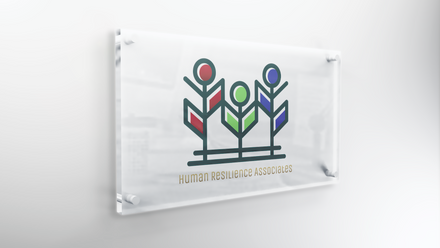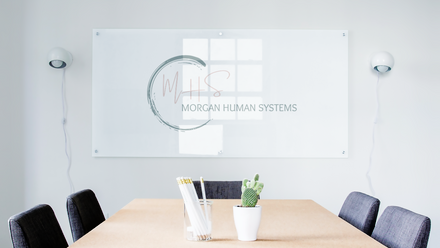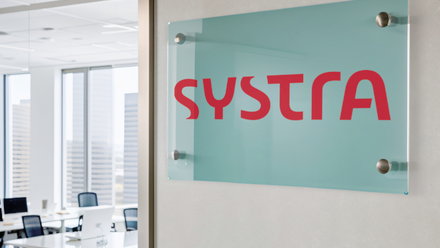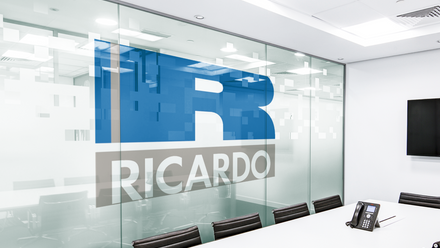Advanced DSE Assessor – Professional Practitioner (enricoSmog)
About the course
This is a unique and one of a kind course designed to give the delegate greater ability, competence and confidence to carry out professional level DSE assessments and meet client expectations by delivering a professional report based on solid ergonomic methods and tools all of which are validated and verified. You will develop a fresh toolbox of ideas based on the creative use of ergonomic principles which is enhanced through thinking and problem solving.
Who should attend?
Professionals required to carry out in-depth assessments but have only done a standard DSE assessor course and/or for professionals seeking reassurance that they are working at a professional level. Typical delegates include: Occupational Health professionals, H&S managers and advisors, HR professionals, OHPs etc. Facility Managers and advisors, Rehabilitation and vocational consultants, Physiotherapists, Chiropractors, other therapists, Specialist suppliers and others. If in doubt, please call us.
What will you learn?
You will learn how to carry out an ergonomic assessment to a professional standard and be able to demonstrate competence in the following:
- Ability to write a concise, accurate and professional report.
- Assessment of non-standard DSE set-ups and be able to refer to ergonomic standards, methodology and tools.
- Confident when discussing medical history and what you need to know and how this is recorded in the report.
- Assessment of workers reporting issues (cognitive, physical and sensory). Importance of stress and mental health and how this impacts on the assessment.
- Undertake DSE risk assessments for workers with special needs.
- Understand how the body is affected when seated and how this relates to the chair and other workstation equipment.
- Use of ergonomic methodology and tools eg RULA, body maps, and ergonomic checklists to gather quantitative data. Ability to integrate the qualitative and quantitative data and information collected.
- Understand the importance of anthropometrics (body dimensions), ergonomic principles and the DSE user's body requirements. Be able to take measurements for a specific user and determine working heights. How to accurately record in the report.
- Using a measuring apparatus to check the environmental requirements for DSE users i.e. Lux levels, humidity and temperature levels, noise levels.
- Demonstrate competence in selecting equipment, through exercises and case studies, you will learn key skills, and be able to use tools to assist in selection. You will be competent in dealing with suppliers and be able to set a benchmark suppliers must adhere to.
- Competence in challenging external advice, products requested or being recommended, determine if medical advice for product recommendation has considered workplace requirements.
- Competent in giving advice to user, client, or other stakeholder and how this is recorded in the report.
- Using technical solutions and redesigning the task – examples of how to calculate cost savings.
Expected outcomes
Delegates will be:
- competent to carry out assessments to a high professional standard
- confident in the use of ergonomics as the basis of the assessment
- able to produce accurate reports and be competent to integrate the ergonomic methods and tools
Course duration
The two day course is split into three parts:
1. Pre-course work (3.0 hours) – pre-course pack will be sent out with full instructions
2. Training day (Full day)
3. Post-course work (6 hours)
Clear instructions and supplementary materials are given to complete each section.
Course content
- How the professional course works, CIEHF professional requirements, discussion of pre-course work, benchmarking, improvements and professional practice.
- Levels of assessment – case studies will reveal how the advanced DSE assessment process is broken down, and what should go into a consultant’s report.
- Ergonomic analysis – Keeping the DSE user safe when seated - Making sense of medical data and clarifying external advice. How the human body works, why conditions occur. Sensory, cognitive and physical design considerations.
- Ergonomic analysis – Keeping the DSE user safe when standing –Benefits & risks? Latest research and trends.
- Ergonomics – What is it? What you need to know? Work & task design, for physical, cognitive and sensory requirements. Creative application of ergonomics principles.
- Ergonomic analysis – Environment and wellness: comfort, health and performance, air quality, psychoacoustics, vision and lighting (LEDs Blue light), temperature, humidity (CSP model). Quantitative data to support qualitative findings.
- Ergonomic analysis - Ergonomic methodology & tools - quickly diagnose and correct postural problems accurately. RULA, Body Discomfort diagrams, anthropometric tables, Video analysis, task analysis … Quantitative data to support qualitative findings.
- Ergonomic analysis – Stress, wellbeing and mental health first aid – using the CSP mode, HiSLAL and workplace design.
- Ergonomic analysis - Mobile, Home and Agile work –Use our checklist and range of tools to improve assessment of mobile work areas.
- Ergonomic analysis – Keeping the DSE user with special needs safe – Who’s competent? What type of assessment? What should be covered? Avoiding pitfalls.
- Ergonomic analysis – ErgoLab – How to select products using matrixes, ergonomic methodology and tools. How to integrate into report.
- Ergonomic analysis – Ergonomic audit of an organisation - how to structure the assessment, prioritise – using tools and methodology.
- Ergonomic analysis – The main case study ‘PJ’ will be analysed.
- Ergonomic analysis – Personal injury claim – Case study – what a tribunal would consider.
- Ergonomic analysis – What’s been learnt, applying this to the workplace.
Assessment
Professional competence will be assessed from:
- Pre course work
- Completion of the workbook and completion of the classroom exercises
- Post course assignment
- Log book submission
- CPD plan
What’s included?
- Course material will be given out pre-course, during the course and post-course
- Workbook and report templates
- Logbook
- Digital copies of the ergonomic tools
- Advanced DSE assessor course book
- CIEHF DSE assessor hand book
- Lunch and refreshments are included for most public courses
Recommended pre-requisites
All delegates must:
- have sufficient experience as a DSE assessor and be actively carrying out DSE assessments
- have successfully completed a CIEHF accredited DSE assessor course (we may accept other courses and those with experience or qualification – please call to discuss)
- submit a completed DSE assessment and detailed summary to ensure your skills are at the correct level
Find out more






